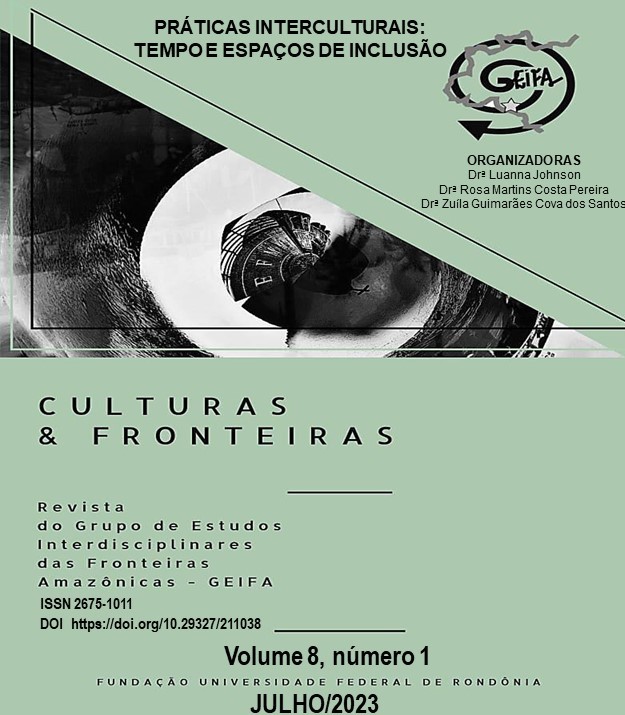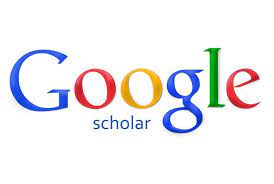COM QUANTAS PEDAGOGIAS SE FAZ A INCLUSÃO NA FRONTEIRA?
Abstract
This article seeks to build theoretical tools that can support the concepts of innovative teaching and learning, which constitute flexible elements for the didactic-pedagogical practices of early childhood education teachers in their relationship with the diversity that constitutes society. These theoretical tools tend to give the educator peace of mind in the face of the new/other, so that this professional, in his relationship with the other, is receptive, welcoming, and responsive in assisting students, prioritizing the needs of the student, regardless of being or not a student with a disability. As a general objective, we seek to build theoretical dialogues on Alterity, with Skliar (2003) and Levinas (2003). Ribeiro (2022) discusses listening pedagogy, and Arroyo (2017) brings a pedagogy directed at students as social subjects, who bring with them elements of their history and culture. The specific objectives aim to build a broad reflection, which connects interdisciplinary theoretical elements, so that they complement the pedagogical practices of teachers in Early Childhood Education. The methodology adopted for the study was the bibliographical research by Gil (2007), in which we can relate the importance of establishing the teacher/student relationship under the bias of alterity, in which the professional develops a pedagogy of listening that is sensitive to subjective time/space of the dialogue that constitutes its didactic-pedagogical practice in the relationship/interaction with the student, in order to extract from this relationship the respect for the social and historical-cultural identity presented by the student. The recognition of this social and historical-cultural identity allows the teacher to contemplate the social, culturally, and historical conditions that shape the student's worldviews, behavior, and potentialities, making teaching and learning a dialogical space par excellence of subjects who can give a new meaning to teaching, learning without neglecting the instances of life and language as the stage of social struggles.
Keywords: Alterity. Listening pedagogy. Inclusion


